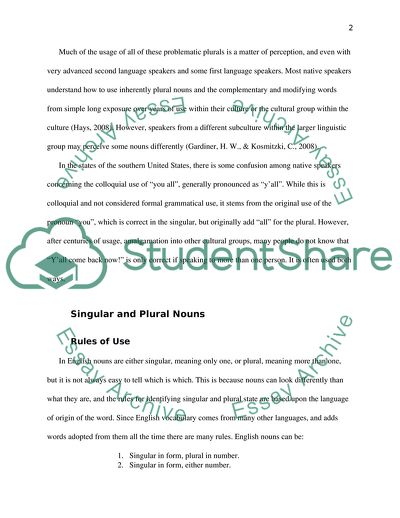Cite this document
(English Syntax: There Was Much Weebles in Too Many Soup Coursework Example | Topics and Well Written Essays - 3000 words, n.d.)
English Syntax: There Was Much Weebles in Too Many Soup Coursework Example | Topics and Well Written Essays - 3000 words. https://studentshare.org/humanitarian/1818693-english-syntax
English Syntax: There Was Much Weebles in Too Many Soup Coursework Example | Topics and Well Written Essays - 3000 words. https://studentshare.org/humanitarian/1818693-english-syntax
(English Syntax: There Was Much Weebles in Too Many Soup Coursework Example | Topics and Well Written Essays - 3000 Words)
English Syntax: There Was Much Weebles in Too Many Soup Coursework Example | Topics and Well Written Essays - 3000 Words. https://studentshare.org/humanitarian/1818693-english-syntax.
English Syntax: There Was Much Weebles in Too Many Soup Coursework Example | Topics and Well Written Essays - 3000 Words. https://studentshare.org/humanitarian/1818693-english-syntax.
“English Syntax: There Was Much Weebles in Too Many Soup Coursework Example | Topics and Well Written Essays - 3000 Words”. https://studentshare.org/humanitarian/1818693-english-syntax.


